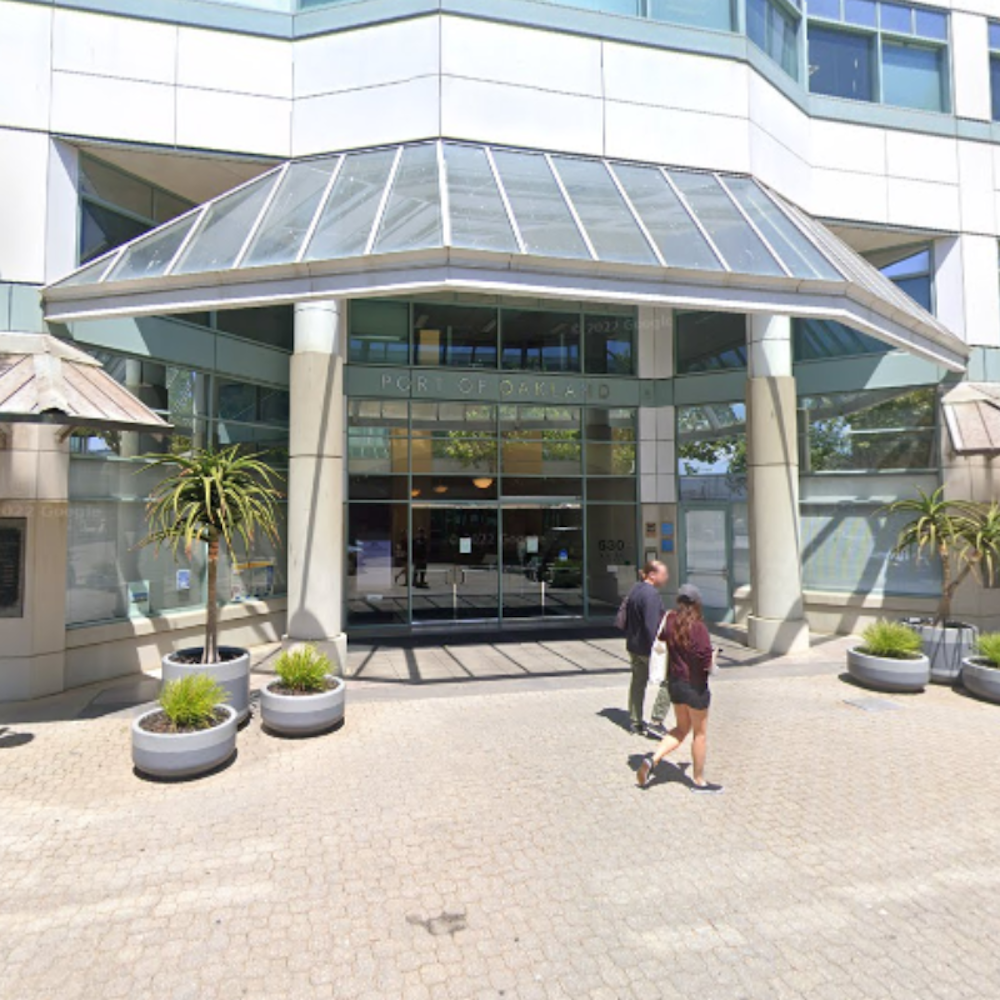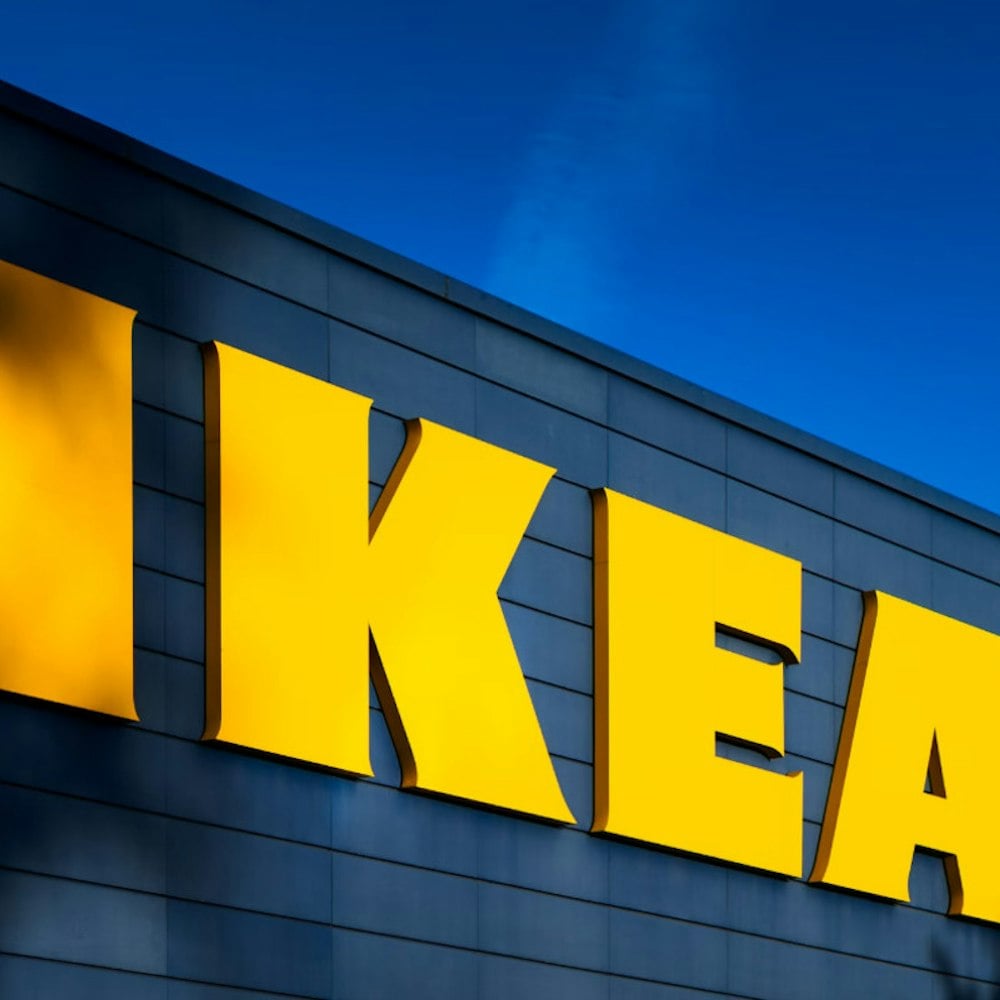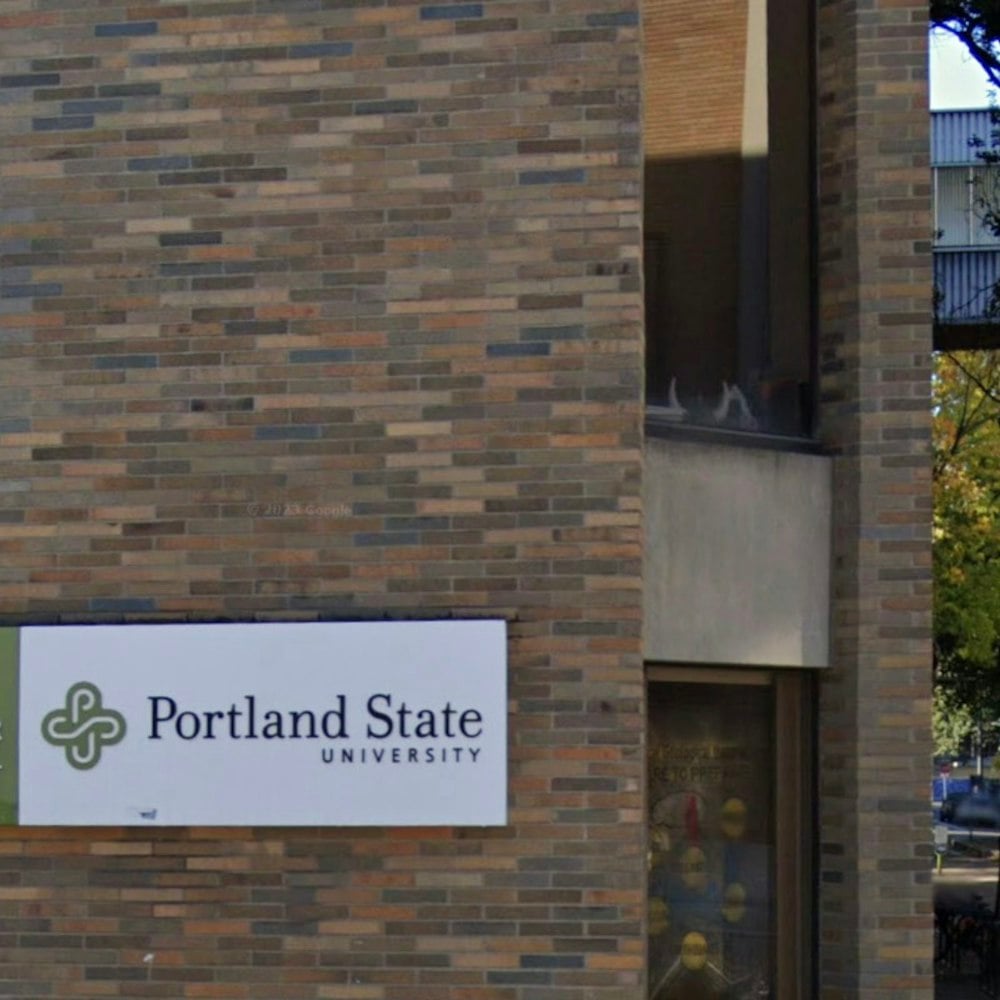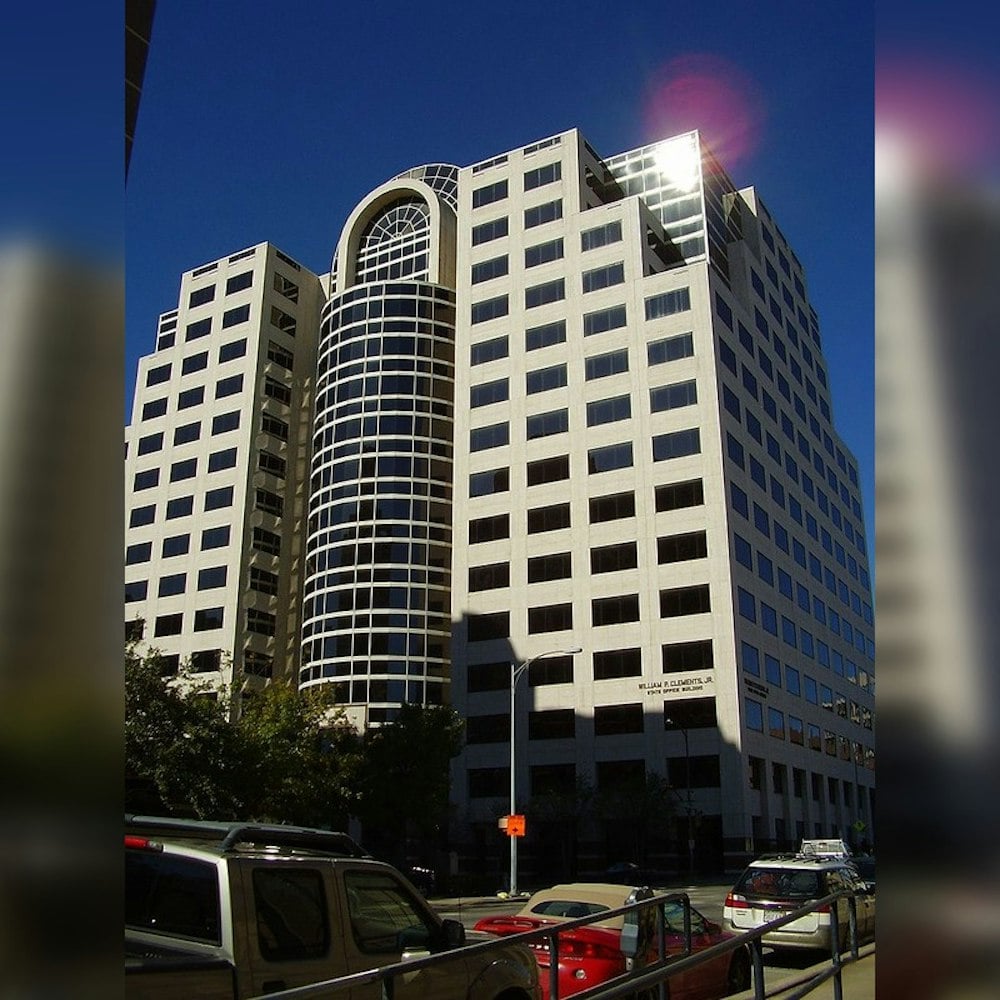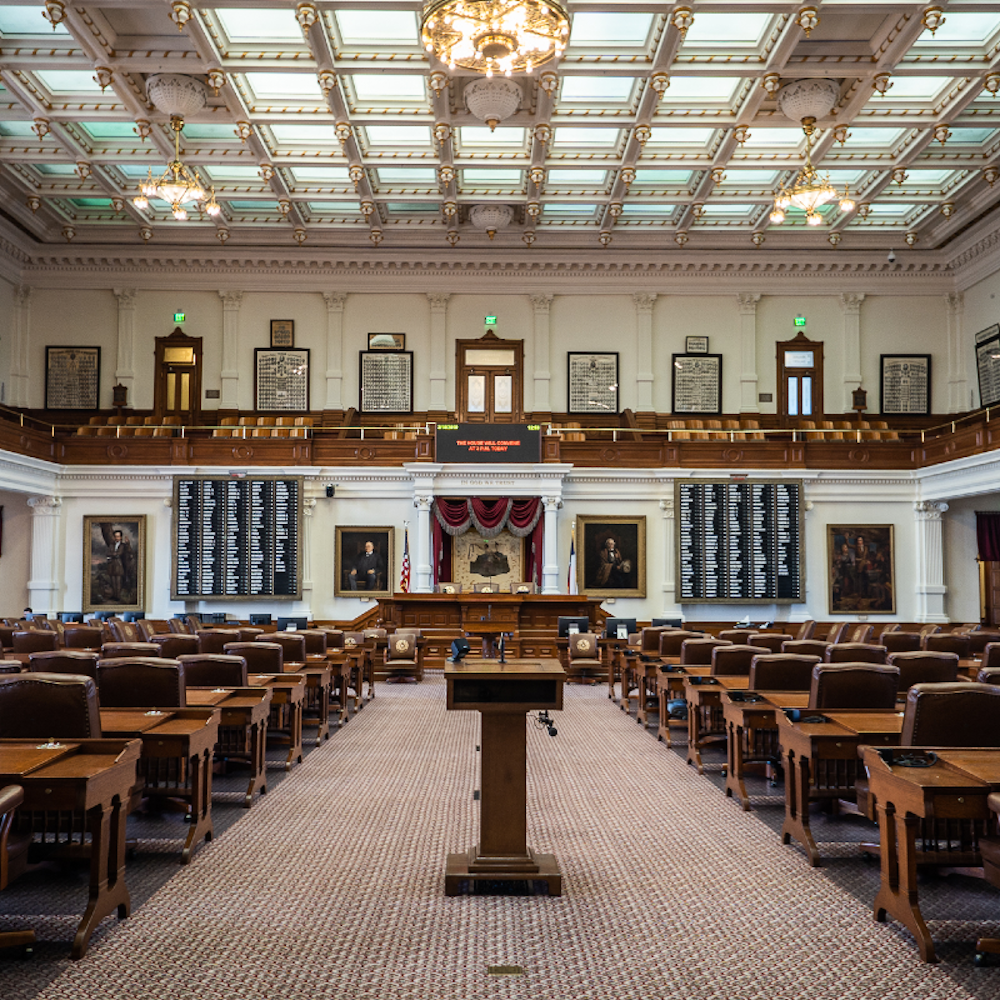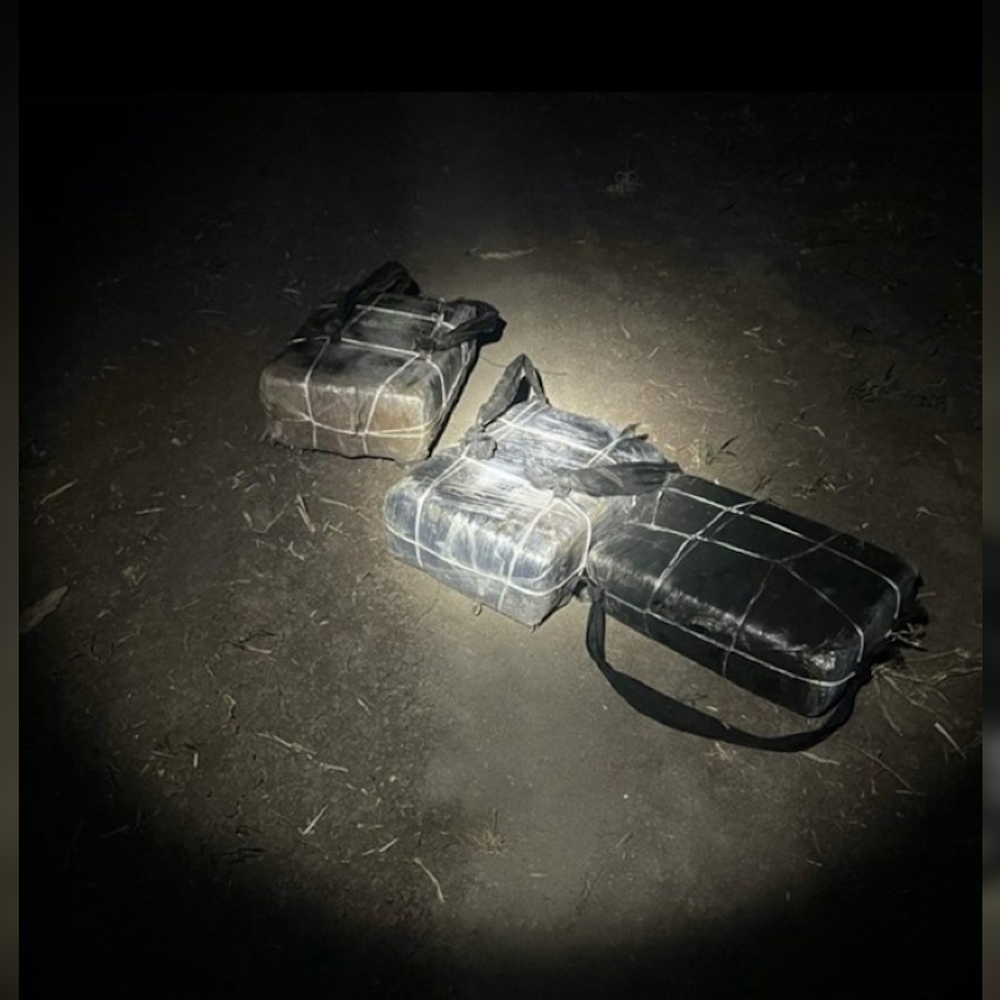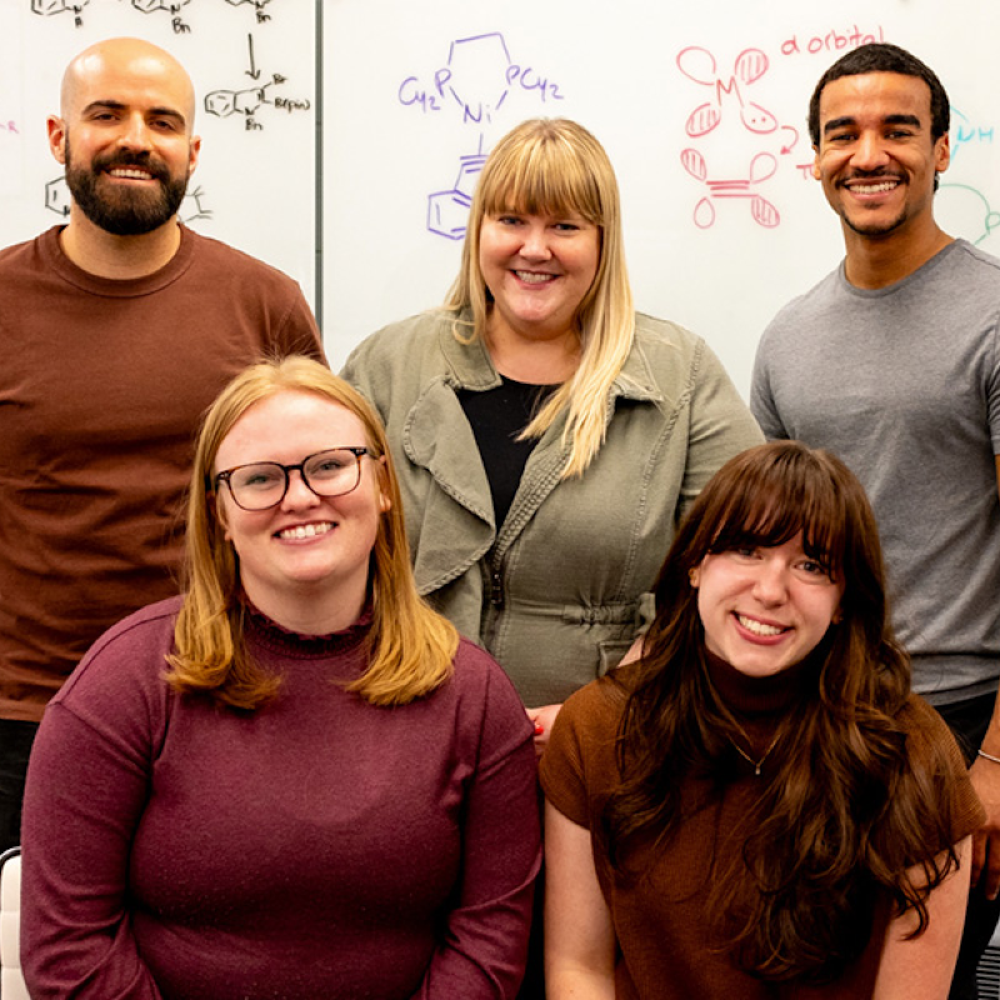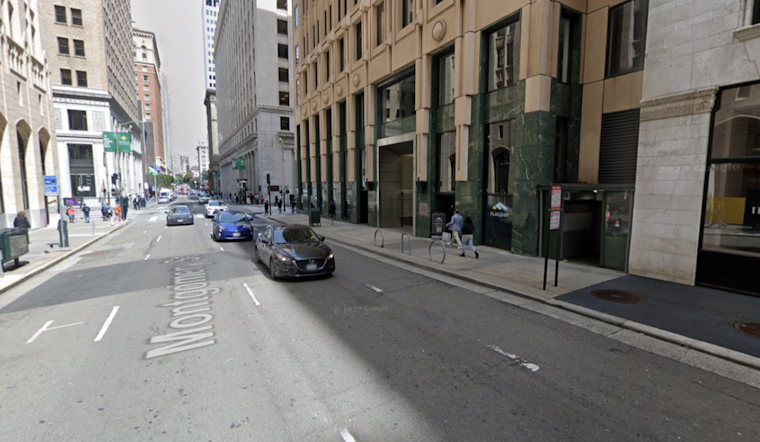
The heart of downtown San Francisco is set to beat a little differently with the latest move by the San Francisco Chamber of Commerce. According to the SF Chamber's announcement, it has signed a lease for a new multi-use space that engineers a blend of coworking facilities, a Red Bay Coffee shop, and event space as part of its sustainable urban initiative, Yes SF. This fresh development is a key stride under zoning changes advanced by Mayor London Breed last year that seek to inject more versatility into the downtown use of space.
The legislation, backed staunchly by the Chamber itself, breaks from tradition, allowing ground-floor office space downtown to share its quarters with retail or food and beverage outfits. Rodney Fong, the President and CEO of the San Francisco Chamber of Commerce, told the SF Chamber about the importance of "not only new activation downtown with it, but a place where innovation and community can grow and thrive." The pursuit here is clear: to diversify the downtown and to actively mold it into a place of blended opportunity, sustainability, and community engagement.
Positioned at 220 Montgomery Street, the space boasts 3,500 square feet and carries the distinction of being the first pilot following Mayor Breed's zoning overhaul. As per a San Francisco Chronicle report, the intention is to create a hive of activity that combines healthy urban living with economic vibrancy. This building, previously housing the Italian coffee chain Illy, now aims to embody the conceptual revival of the city's downtown core post-pandemic.
The Chamber hopes to establish Yes SF as a catalyst for urban rejuvenation firmly. Mayor Breed remarked on the Chamber's utilization of the zoning reforms, expressing her enthusiasm that "more will follow to bring more energy to Downtown." Indeed, with the recovery legislation paving the way for such initiatives, proponents like Fong believe that setting a commercial example today could redefine how the city operates tomorrow. And as Scott Dunlap from Gensler—a stakeholder in the project—puts it, having formerly traditional spaces to quickly adapt and evolve "is what is going to drive the recovery. We are doing it at a micro scale. Imagine if it were to be multiplied at a city scale." The San Francisco Chronicle highlighted Dunlap's vision of what transformative urban potential might look like when magnified beyond a single storefront.

